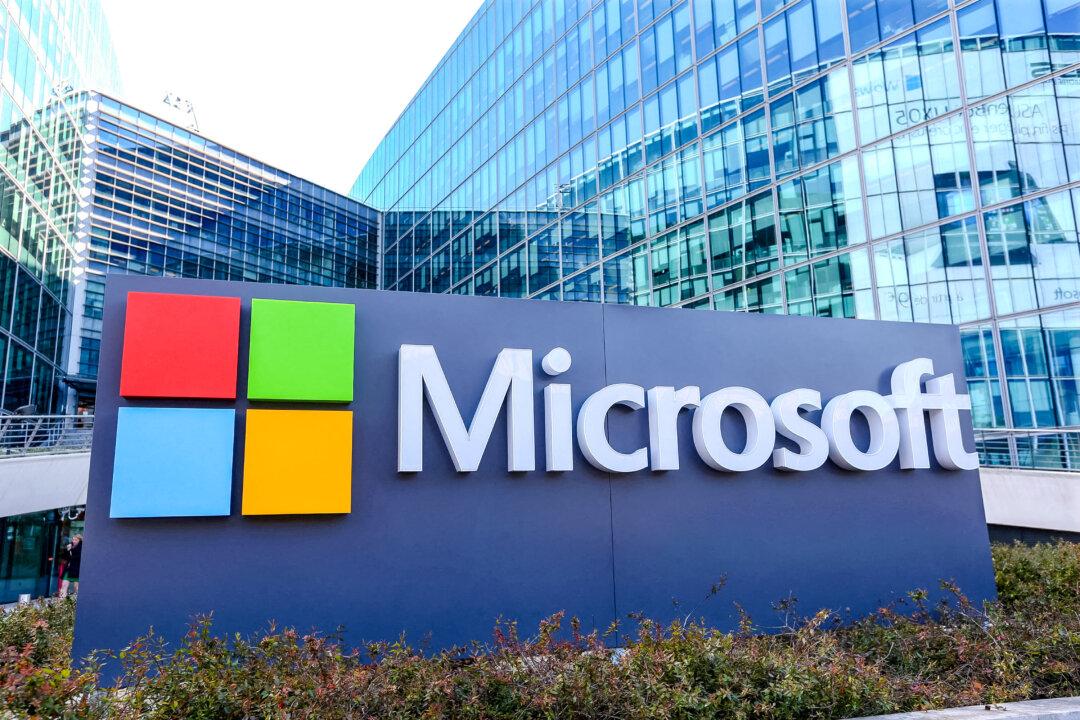Sales of Microsoft Corp.’s growing cloud services jumped more than 20 percent in the third quarter of fiscal year 2025, boosting earnings and surpassing Wall Street expectations.
For the period ending March 31, the Redmond, Washington-based software giant reported net income of 25.8 billion, or $3.46 per share, compared with $21.9 billion, or $2.94 per share, in the third quarter of fiscal year 2024. Revenue jumped 13 percent to $70.1 billion, compared with $61.8 billion a year ago.





